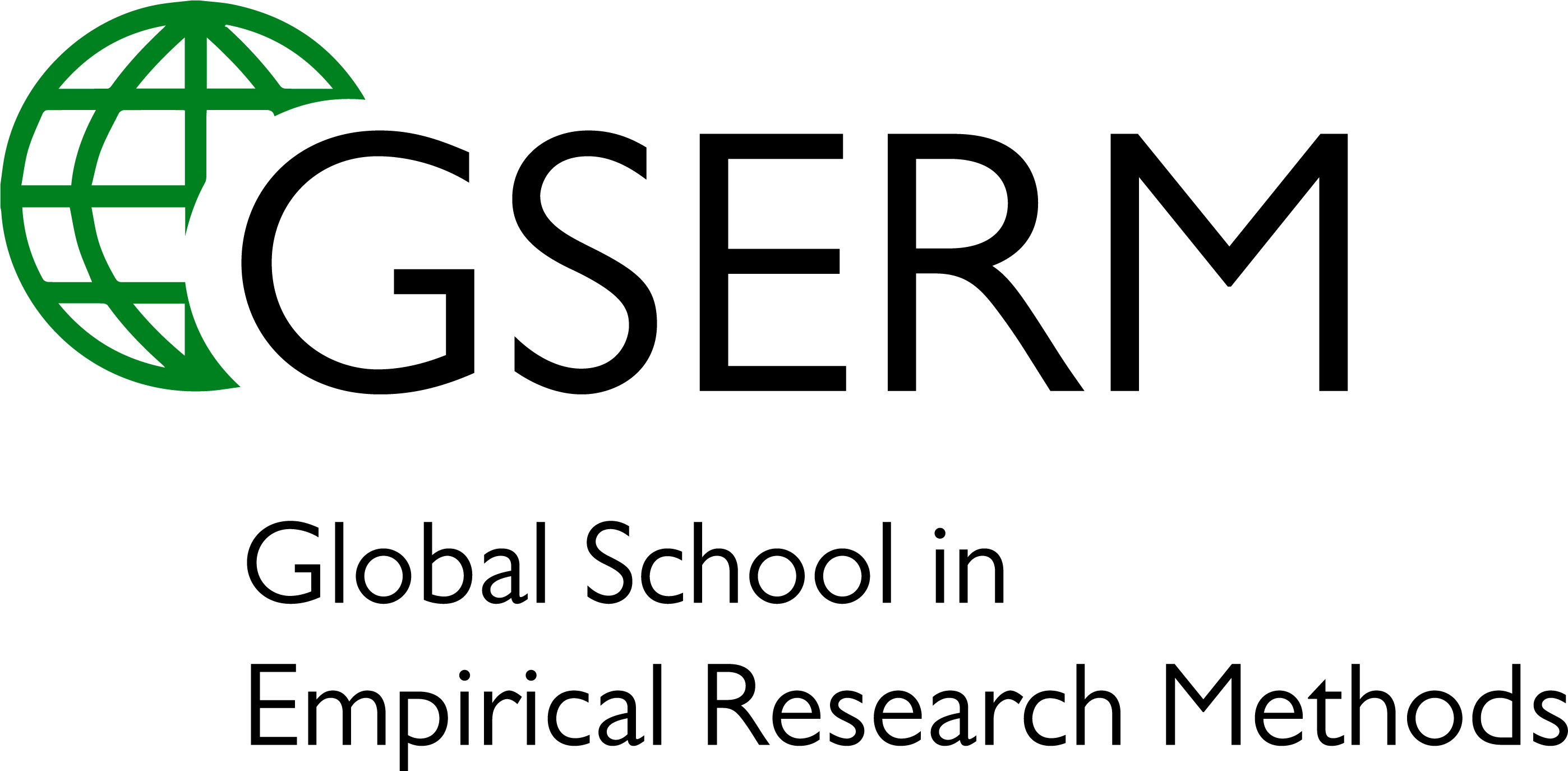Learning objectives
The creation and communication of data visualizations is a critical step in any data analytic project. Modern open-source software packages offer ever more powerful data visualizations tools. When applied with psychological and design principles in mind, users competent in these tools can produce data visualizations that easily tell more than a thousand words. In this course, participants learn how to employ state-of-the-art data visualization tools within the programming language R to create stunning, publication-ready data visualizations that communicate critical insights about data. Prior to, during, and after the course participants work their own data visualization project.
Course content
Each day will contain a series of short lectures and demonstrations that introduce and discuss new topics. The bulk of each day will be dedicated to hands-on, step-by-step exercises to help participants ‘learn by doing’. In these exercises, participants will learn how to read-in and prepare data, how to create various types of static and interactive data visualizations, how to tweak them to exactly fit one’s needs, and how to embed them in digital reports. Accompanying the course, each participant will work on his or her own data visualization project turning an initial visualization sketch into a one-page academic paper featuring a polished, well-designed figure. To advance these projects, participants will be able to draw on support from the instructors in the afternoons of course days two to four.


